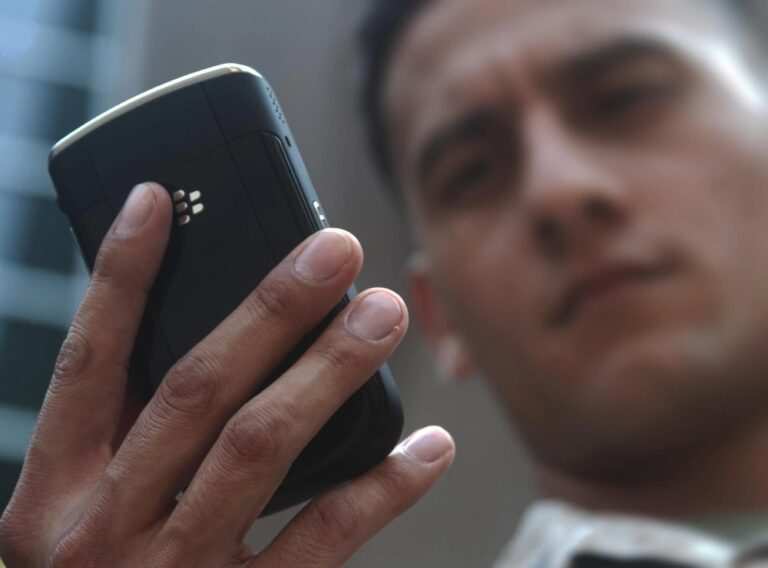This article was originally published by Radio Free Europe/Radio Liberty and is reprinted with permission.
Iranian authorities are increasingly disconnecting citizens from mobile services for posting critical content about the Islamic republic on social media, a coercive tactic that links freedom of expression to access to essential digital tools.
The practice, which intensified in the summer of 2024 and is resurging again, targets journalists, activists, academics, and ordinary users across the country. Individuals are reporting sudden SIM card deactivations after publishing posts on platforms such as X and Instagram that criticize government policies or actions.
To restore service, users say they are often required to delete the offending content, sign written pledges to avoid future criticism, and, in some cases, publish statements in support of the Islamic republic.
Ali Akbar Gorji, a constitutional law professor at Tehran’s Shahid Beheshti University, is one of those who had his SIM card deactivated after commenting on Iran’s tensions with Israel.
He told the Shargh newspaper that authorities made restoring his SIM card access conditional on deleting his critical posts and publishing pro-Islamic republic content. Radio Farda has learned that Gorji was specifically instructed to post up to 20 times in support of the state.
Others have reported similar experiences.
A text message sent to affected individuals says their “hostile and biased activities” were identified by “artificial intelligence” and therefore their access to their SIM cards or internet services “have been restricted or suspended.” It then lists a series of measures that need to be taken in order to restore access.
Several journalists and activists told Radio Farda that they were summoned by state bodies and instructed to meet various conditions in order to regain access to mobile services.
These demands include signing pledges stating that the user will “not engage in activities, express opinions, or post comments that will undermine psychological, social, or political security” of the country. Users must also accept that violating these pledges may result in renewed restrictions or prosecution.
One academic said they were forced to remove posts dating back to the 2022 nationwide protests, which gave rise to the “Women, Life, Freedom” movement and challenged the legitimacy of the Islamic republic.
On X, a user named Foad Ahmadi said his SIM access was suspended for allegedly supporting Israel. But the consequences went beyond telecommunications — he reported being locked out of online banking and unable to use ride-hailing apps.
Journalist Sadaf Fatemi experienced a similar block, prompting her to delete critical posts. These cases form part of a broader pattern involving directives from judicial bodies, the cyber police (FATA), and the intelligence organization of the Islamic Revolutionary Guards Corps (IRGC).
Legal experts, including lawyers Mousa Barzin and Hadi Jafarpour, argue that these actions violate both Iranian law and international human rights standards, as they are carried out without due process and rely on vague legal provisions. This tactic is viewed as a continuation of the state’s broader repression following the 2022 protests.
Beyond its chilling effect on dissent, this practice disrupts access to vital services like banking and communication tools. It also raises serious concerns about digital rights, freedom of speech, and account security.
Iran consistently ranks poorly on global indices related to civil liberties and expression. In its most recent annual report, Freedom House cited “vaguely defined restrictions on speech, harsh criminal penalties, and state monitoring of online communications” as key factors deterring Iranians from engaging in free and open discourse.
Click this link for the original source of this article.
Author: Radio Free Europe/Radio Liberty
This content is courtesy of, and owned and copyrighted by, https://americanmilitarynews.com and its author. This content is made available by use of the public RSS feed offered by the host site and is used for educational purposes only. If you are the author or represent the host site and would like this content removed now and in the future, please contact USSANews.com using the email address in the Contact page found in the website menu.





